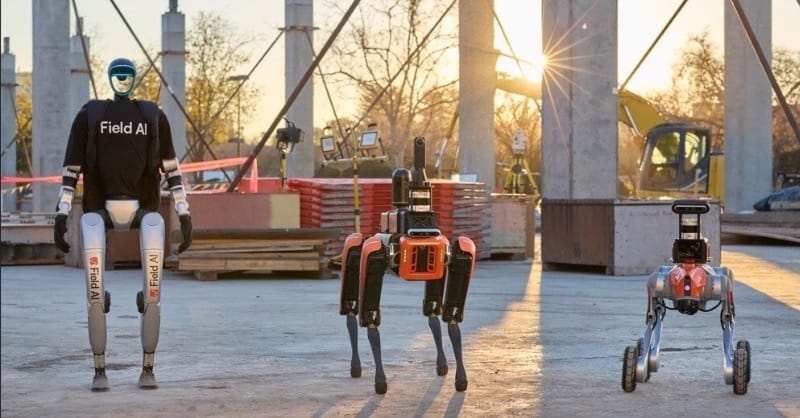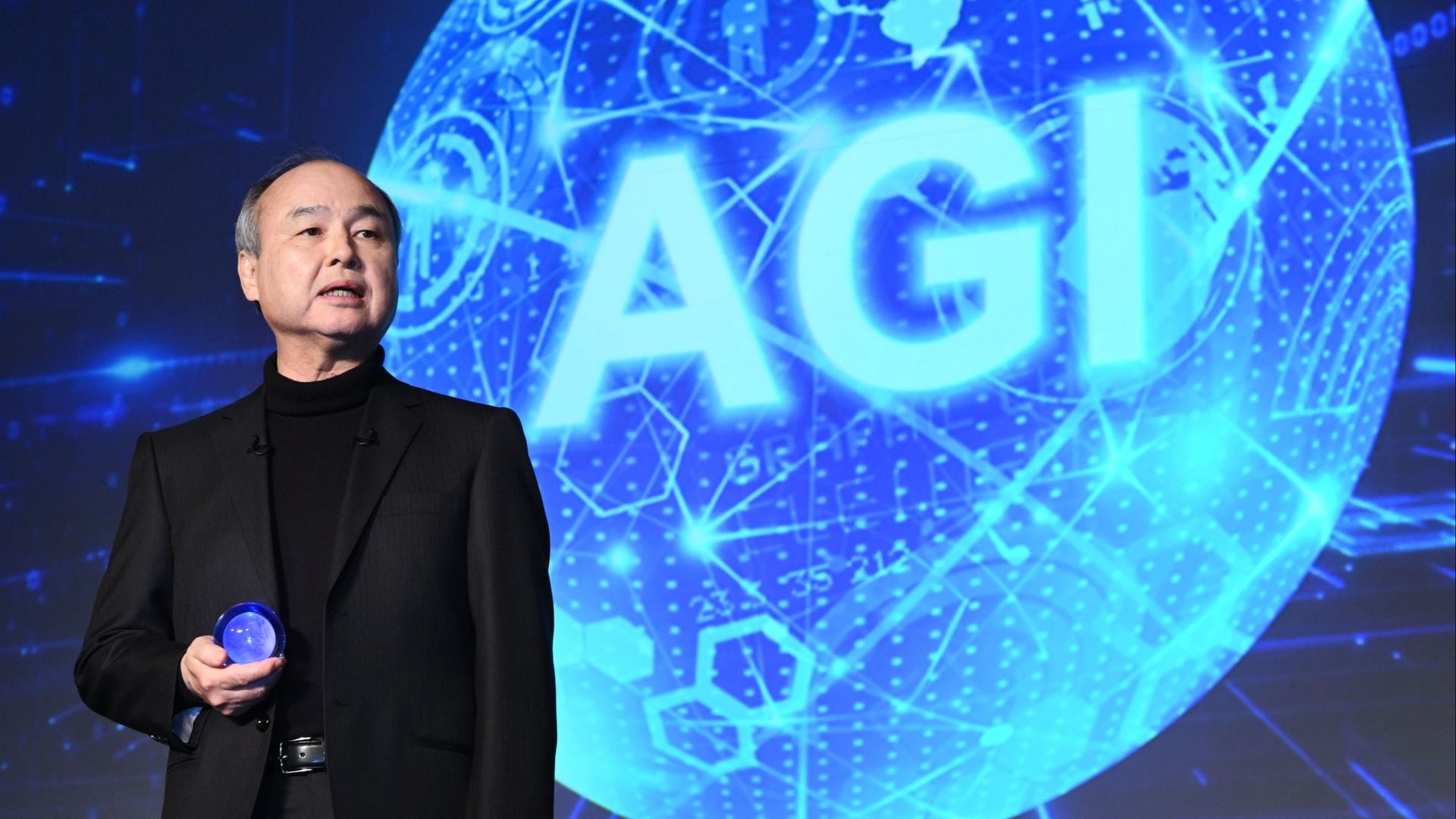It’s Thursday!
A lot’s been happening in AI. From OpenAI’s India launch to NASA teaming up with IBM on space weather, and SoftBank betting big again. Here’s the rundown 👇
Today in AI:
Google’s AI footprint goes transparent
Google revealed that each AI text prompt in Gemini Apps produces just 0.03 g of CO₂ — less than nine seconds of TV time. The move spotlights AI’s environmental footprint and sets a precedent for greater transparency in the industry.
OpenAI launches cheapest ChatGPT plan in India
OpenAI has introduced ChatGPT Go in India at just $4.6 per month, its most affordable subscription to date. The plan includes GPT-5, faster responses, and local UPI payments, positioning India as a key market for OpenAI’s expansion.
OpenEvidence raises $210M, hits USMLE milestone
OpenEvidence secured $210M Series B funding at a $3.5B valuation to expand its AI medical platform. It also became the first AI to score 100% on the USMLE, showcasing its potential in clinical decision support.
NASA & IBM launch "Surya" AI Model for solar storm prediction
NASA and IBM unveiled Surya, an AI that predicts solar storms with 16% higher accuracy and up to two hours’ warning. The breakthrough could greatly reduce risks to satellites, power grids, aviation, and global communications.
Someone forwarded this? 💌Subscribe to get it fresh, every Tuesday.
Missed an issue? 💬Catch up on past essays.
Curious what else we’re building? 💡Insane Media lives here.
Want your campaign in front of our founder community? 📌Reach out here.
Google unveils Pixel 10: A bold AI push to rival Apple

At its annual Made by Google event in New York, Google unveiled the Pixel 10 lineup — including Pixel 10, Pixel 10 Pro, Pixel 10 Pro XL, and Pixel 10 Pro Fold; powered by the new Tensor G5 chip and packed with AI-driven features like Magic Cue, Camera Coach, and real-time voice translation.
Magic Cue delivers proactive, context-aware assistance (e.g., surfacing flight details during a call), while Camera Coach offers real-time shot guidance via the phone’s camera. Gemini Live also gains enhanced visual troubleshooting capabilities, all processed on-device for speed and privacy.
Despite the AI boost, Pixel’s global market share remains modest at just 1.1% in Q2 2025, though Google aims to lure high-end users and Apple switchers by spotlighting AI over hardware glitz.
MIT report reveals 95% of enterprise GenAI pilots fail to deliver ROI

A recent MIT study has sent shockwaves through the tech and finance world, revealing that 95% of enterprise generative AI pilots brought no measurable returns, despite the hype. The report, “The GenAI Divide: State of AI in Business 2025,” examined 300 enterprise AI initiatives and found only 5% generated significant revenue gains.
The findings underscore a growing “learning gap” — where companies struggle to integrate AI into real processes and adapt their workplace culture. For investors, this was a wake-up call: AI stocks, including Palantir and Nvidia, tumbled as doubts over ROI took center stage. The message is clear: while AI promises big things, the road to business value is far messier than the headlines suggest.
Short-Term Impact
Investor confidence is shaken as major AI stocks like Palantir and Nvidia see declines. Enterprises are questioning the ROI of generative AI, with many pilots stalled or scaled back.
Long-Term Impact
The report points to a critical “learning gap” — companies must focus on integration and cultural readiness, not just technology. Over time, investment will shift from hype to ROI-driven AI applications, forcing a more pragmatic industry reset.
Recommendations
For enterprises: Start small with targeted pilots, iterate quickly, and align AI with real business problems.
For investors: Prioritize companies that can demonstrate measurable business value, not just AI branding. Also, pay close attention to earnings reports and guidance from leading AI players (e.g., Nvidia, Microsoft, Alphabet, Palantir), as quarterly results increasingly separate hype from reality.
FieldAI secures $405M to build robot “brains”

AI robotics startup FieldAI has raised $405 million in Series A funding, pushing its valuation to $2 billion. The round was led by Bezos Expeditions, Prysm, and Temasek, with participation from Intel Capital, Khosla Ventures, and others. FieldAI is developing advanced AI “brains” that let robots autonomously perform complex tasks in sectors like construction, logistics, and manufacturing, aiming to accelerate real-world adoption of robotics at scale.
SoftBank’s grand return to AI

SoftBank CEO Masayoshi Son is staging a bold return to the AI arena, leading a surge in investments spanning from a $500 billion Stargate AI data center venture with OpenAI and Oracle to significant chip acquisitions and a renewed stake in Nvidia. His aggressive push is already paying off — SoftBank reported a $2.86 billion quarterly profit, the company’s first gain in years, driven by AI-focused investments like stakes in Nvidia and OpenAI.
Why it matters:
SoftBank is positioning itself as a heavyweight in the AI infrastructure space, aiming to shape the foundational layer of AI’s future development.
How's the depth of today's edition?
P.S. If you want to get a founder feature about your own story, reply to this email. If you’d like to reach our newsletter audience (founders, creators, and marketers), click the button below.
If you’re new here, I’m over the moon you’ve joined us! To help me craft content that’s actually useful (and not just noise in your inbox), I’d love it if you took 1 minute to answer this quick survey below. Your insights help shape everything I write.
✨ Insane Media is more than one voice
Dive into our other newsletters - where psychology meets the creator economy, e-commerce marketing, and Human resources.





